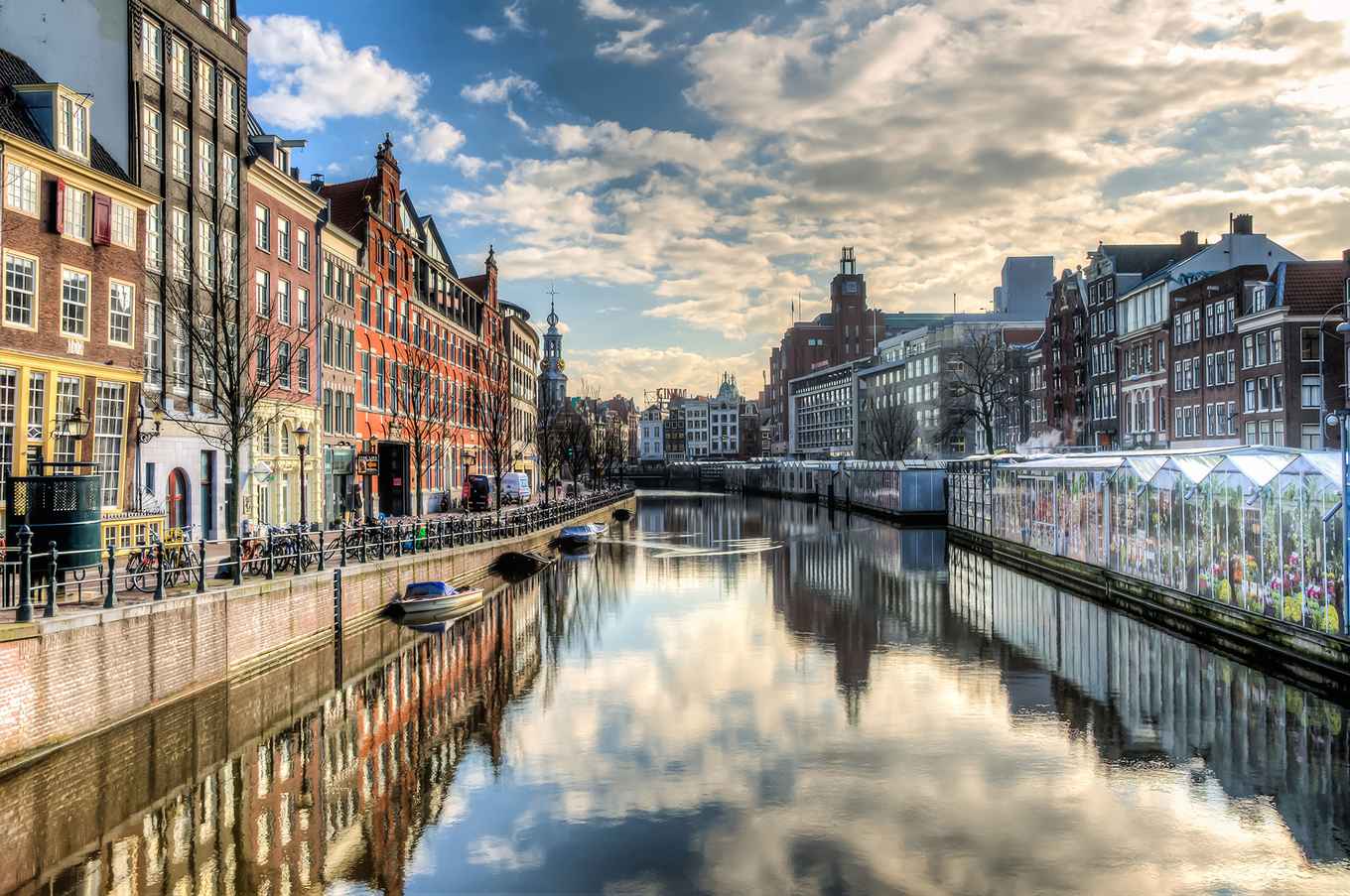CfP "How Disciplines Interact" (UvA 7-8 May 2020)
11 November 2019
Format of the workshop
Historians of the sciences and the humanities have described many interactions between disciplines. One frequently occurring form of interaction concerns the transfer of knowledge across disciplinary boundaries. Examples include the influence of modern historical thinking on geology, the influx of physicists in molecular biology, or the use of the linguistic notion of grammar in computer science.
The purpose of this workshop is to grasp this phenomenon of knowledge transfer in a systematic way, in order to answer general questions such as: Why and how do disciplines borrow knowledge from one another? Under what conditions has knowledge transfer been (un)successful in the past? And what light, if at all, do historical examples shed on current forms of (inter)disciplinarity?
During the workshop, we aim to discuss and compare various examples of knowledge transfer between disciplines in the sciences and the humanities, in any direction. Moreover, we want to juxtapose the different methods and approaches that scholars have developed to deal with the phenomenon.
The following invited speakers have confirmed their participation: Marcel Boumans (Utrecht University), Catherine Herfeld (University of Zurich), Philip Mirowski (University of Notre Dame), Nancy Nersessian (Harvard University), Kärin Nickelsen (LMU Munich), Kapil Raj (EHESS Paris), Ana Simões (University of Lisbon), and Viktoria Tkaczyk (MPIWG Berlin).
There is space for a limited number of additional contributions that (a) discuss historical examples of knowledge transfer, preferably between the humanities and the sciences or between the natural and social sciences, or (b) propose frameworks to systematically study the phenomenon of knowledge transfer.
How to submit?
If you would like to participate in the workshop, then please submit an abstract of maximally 250 words and a short CV to howdisciplinesinteract@gmail.com ; the deadline is 15 January 2020.
* The workshop is part of an ongoing NWO-funded research project at the University of Amsterdam called The Flow of Cognitive Goods with Rens Bod, Jeroen van Dongen, Bart Karstens, Sjang ten Hagen and Emma Mojet. The project’s methodological approach has recently been published as a ‘Critiques and Contentions’-piece in Isis (September 2019): https://www.journals.uchicago.edu/doi/full/10.1086/704673 .
